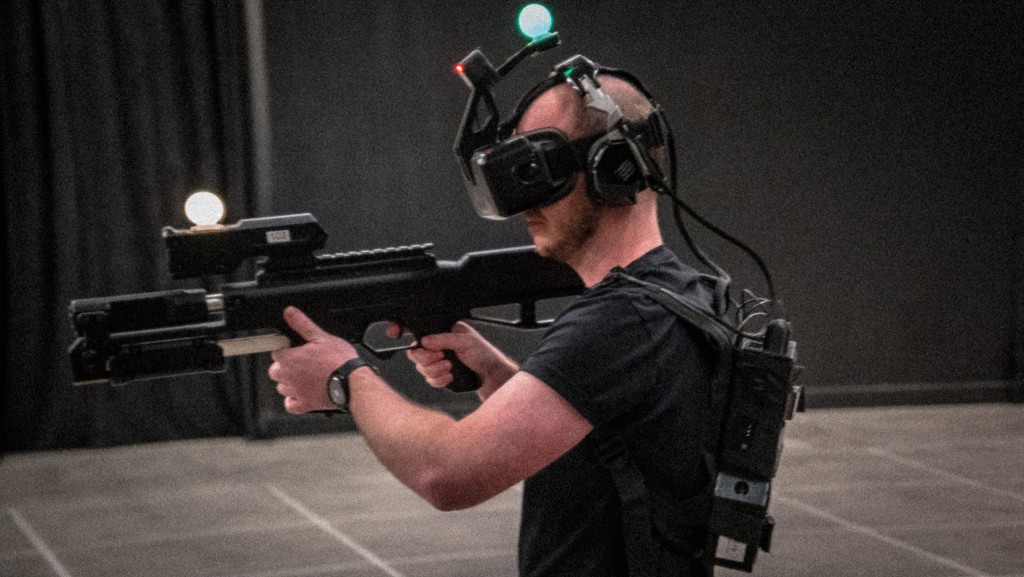According to The Week magazine, sales of virtual reality products to the retail public have been less than gratifying so far this year. A Wall Street Journal writer quoted, by them, hit the nail on the head when he recently wrote: “If VR is to ever level up in a big way, it needs to find something gamers simply can’t live without.”
Old timers may remember that the Milton Berle show put the television industry into high gear way back in the ’50s when folks literally bought sets just to see this famous comedian do his weekly madness. Closer to home, while Atari made its points with early video games like Pong, Breakout and others, the real “breakout” in sales came with 1978’s Space Invaders from Japan’s Taito Corp., and the boom was on!
Of course, one big reason why VR hasn’t yet taken off in a bigger way is the cost of the hardware to the consumer. For example, an Oculus headset with controller runs you almost $600. Another is that motion sickness can frighten some folks away from VR. Marketing poses still another problem. How, VR makers wonder, do you advertise something like an immersive adventure on a flatscreen TV, which would be like marketing color TV on a black and white set?
Our dice say that the time for FEC owners to explore VR might be now when the cost of buying such a device for home use is so high. Like the video boom of the early ’80s showed, the coin-op industry was given a bunch of years to milk the cow before the bigger video game action “went home.” And as far as that “Milton Berle” of VR programs goes, Laura Parker of The New York Times says to watch out for the upcoming home system shooter called Doom and a post-apocalyptic role-playing game called Fallout to hit retail before the year is out.
PS: The Week says one estimate is that global revenue from augmented reality and VR is projected to grow to more that $162 billion in 2020, up from $5.2 billion in 2016. And they said one VR studio chief put it this way: “We are at the very beginning of creating this industry.”
Posted: 07/10
CAPTIONS: Innovator’s such as Holodia and Black Box VR want to transform VR into the ultimate workout motivator.

